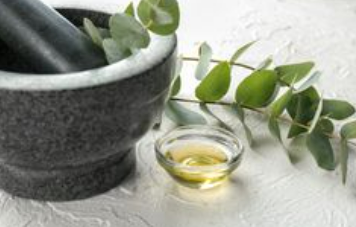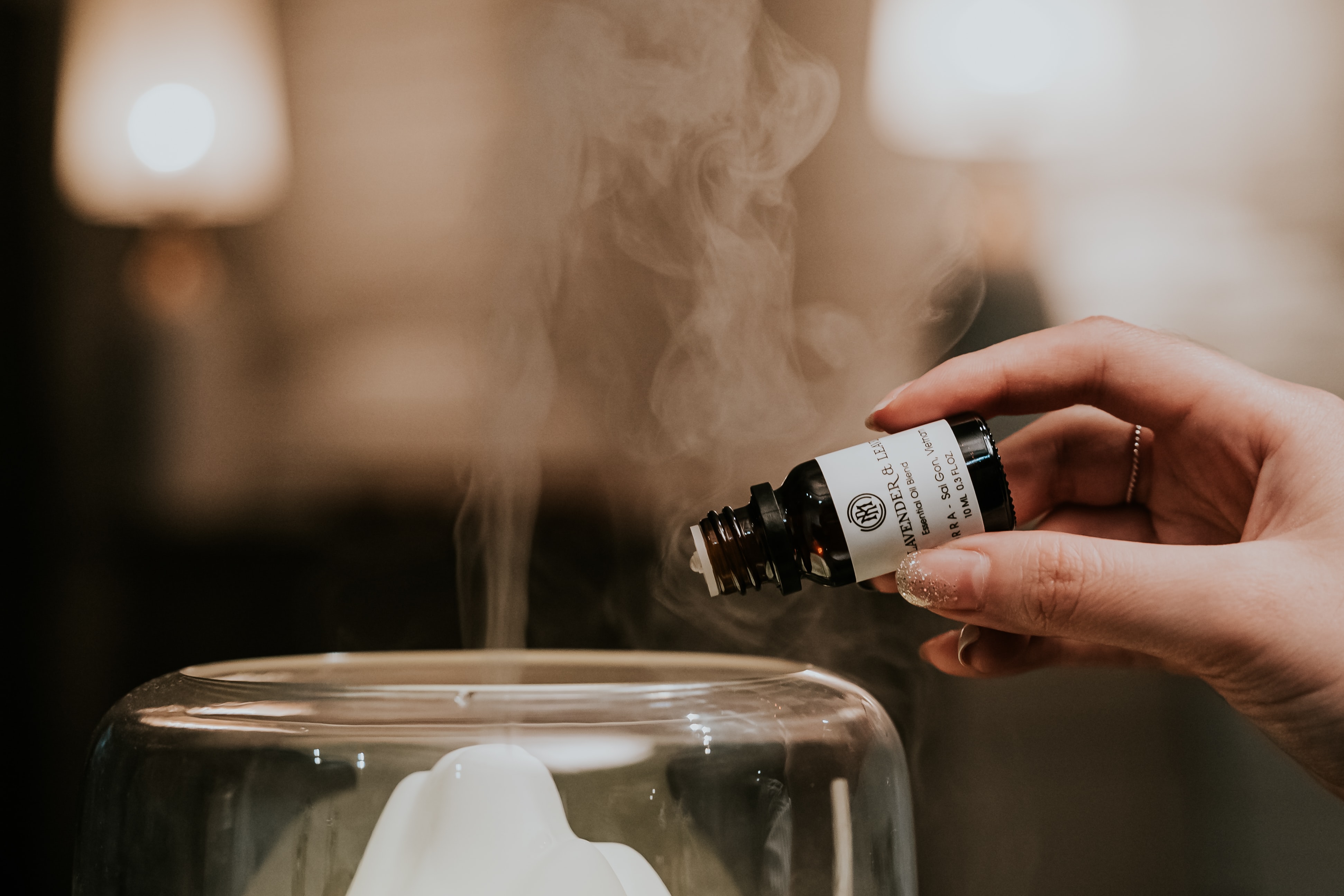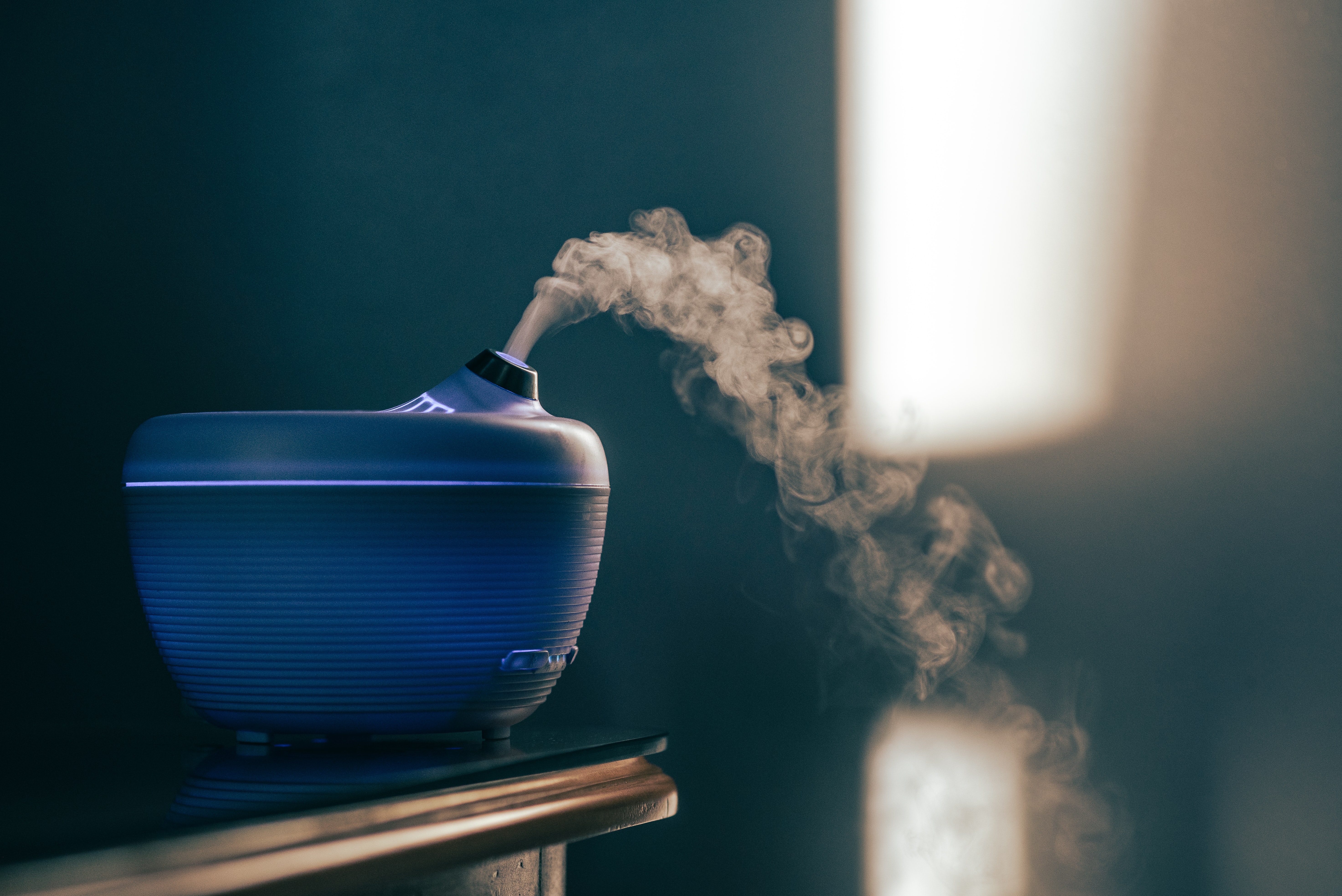- Home
- Essential Oils
- Eucalyptus Essential Oil
Eucalyptus Essential Oil

Eucalyptus essential oil is a popular and versatile oil that has been used for centuries in traditional medicine. It is derived from the leaves of the eucalyptus tree, which is native to Australia. Today, eucalyptus essential oil is used in a wide range of applications, from aromatherapy to cleaning products.
Extraction Process of Eucalyptus Oil
Eucalyptus essential oil is extracted from the leaves of the eucalyptus tree through a process known as steam distillation. This is a common method used for extracting essential oils from plant materials.
The process involves the following steps:
- Harvesting: The leaves of the eucalyptus tree are harvested by hand or machine. The leaves are typically harvested during the morning hours when the oil content is at its highest.
- Sorting and Cleaning: The harvested leaves are then sorted and cleaned to remove any debris or foreign matter.
- Crushing and Grinding: The cleaned leaves are then crushed and ground into a fine powder to increase the surface area of the plant material, which makes it easier for the oil to be extracted.
- Distillation: The powdered leaves are placed into a distillation chamber with water. Steam is then passed through the chamber, which causes the oil to be released from the plant material. The steam and oil mixture is then condensed, and the oil is separated from the water.
- Collection: The eucalyptus essential oil is collected and stored in dark glass bottles to protect it from light and air.
The yield of eucalyptus essential oil varies depending on the quality of the plant material and the distillation process used. On average, it takes about 100 pounds of eucalyptus leaves to produce one pound of essential oil.
It's worth noting that some companies may use solvents to extract eucalyptus oil, which can result in a lower quality product. Therefore, it's important to choose a reputable supplier that uses steam distillation to extract the oil.

Chemical Compounds In Eucalyptus Essential Oil
Eucalyptus essential oil is composed of a variety of chemical compounds, including eucalyptol, alpha-pinene, limonene, and alpha-terpineol. Eucalyptol, also known as cineole, is the primary chemical compound in eucalyptus essential oil, making up about 70-90% of its composition. Eucalyptol is known for its anti-inflammatory and pain-relieving properties, and it also has a cooling effect on the skin.
What Are The Health Benefits
of Eucalyptus Oil?
Eucalyptus essential oil has a wide range of health benefits, including:
- Respiratory Support: Eucalyptus essential oil is often used to support respiratory health, as it can help to clear congestion and promote easier breathing. It is commonly used in chest rubs and inhalers to relieve cold and flu symptoms.
- Pain Relief: Eucalyptus essential oil has analgesic properties, which makes it effective for relieving pain and inflammation. It is often used topically to soothe sore muscles and joints.
- Mental Clarity: Eucalyptus essential oil has a refreshing and invigorating scent that can help to clear the mind and promote mental clarity. It is commonly used in aromatherapy to boost focus and concentration.
- Wound Healing: Eucalyptus essential oil has antiseptic and antibacterial properties, making it useful for promoting wound healing and preventing infection.
- Insect Repellent: Eucalyptus essential oil has a strong scent that can repel insects such as mosquitoes, making it a popular natural insect repellent.
What are the best ways to use Eucalyptus Essential Oil?
 Steaming Essential Oils for Sinus Relief
Steaming Essential Oils for Sinus ReliefEucalyptus essential oil can be used in a variety of ways, including:
- Aromatherapy: Add a few drops of eucalyptus essential oil to a diffuser or humidifier to promote respiratory health and mental clarity.
- Topical Application: Dilute eucalyptus essential oil with a carrier oil such as coconut oil or almond oil, and apply it topically to sore muscles and joints.
- Inhalation: Add a few drops of eucalyptus essential oil to a bowl of hot water and inhale the steam to relieve sinus infections, congestion and promote easier breathing.
- Cleaning Products: Add a few drops of eucalyptus essential oil to natural cleaning products to add a refreshing scent and boost their antibacterial properties.
- Insect Repellent: Mix eucalyptus essential oil with a carrier oil and apply it to the skin to repel insects.
What does Eucalyptus smell like?

Eucalyptus essential oil has a distinctive, strong, and fresh scent that is often described as cooling, minty, and camphorous. It has a sharp, herbaceous aroma that is similar to menthol or peppermint. The scent can be quite intense and powerful, and it is often used in aromatherapy to promote mental clarity and respiratory health. Some people find the smell of eucalyptus to be invigorating and refreshing, while others may find it overpowering. When used in moderation, eucalyptus essential oil can be a pleasant and energizing scent.
What other essential oils does Eucalyptus Essential Oil blend well with?
Eucalyptus essential oil blends well with a variety of other essential oils, and it's commonly used in aromatherapy blends for its uplifting, refreshing, and invigorating properties. Some of the essential oils that blend well with eucalyptus include:
- Peppermint: Peppermint oil has a cooling and refreshing scent that blends well with eucalyptus. This combination can help to promote mental clarity and reduce stress.
- Lemon: Lemon oil has a bright and uplifting scent that can help to enhance the energizing properties of eucalyptus. This combination is often used in aromatherapy to improve mood and boost energy levels.
- Rosemary: Rosemary oil has a woody and herbal scent that blends well with eucalyptus. This combination can help to promote mental clarity and focus.
- Lavender: Lavender oil has a calming and relaxing scent that can balance out the invigorating properties of eucalyptus. This combination can help to promote relaxation and reduce feelings of anxiety.
- Tea Tree: Tea tree oil has a fresh and medicinal scent that can complement the camphorous aroma of eucalyptus. This combination can help to support respiratory health and boost immunity.
When blending essential oils, it's important to use high-quality, pure oils and to dilute them properly before use.
In conclusion, eucalyptus essential oil is a versatile oil that has a wide range of health benefits. Its primary chemical compound, eucalyptol, has anti-inflammatory and pain-relieving properties, making it effective for relieving respiratory issues, pain, and promoting mental clarity. It is easy to use and can be incorporated into a variety of applications, including aromatherapy, topical application, inhalation, cleaning products, and insect repellents.



New! Comments
Have your say about what you just read! Leave a comment in the box below.